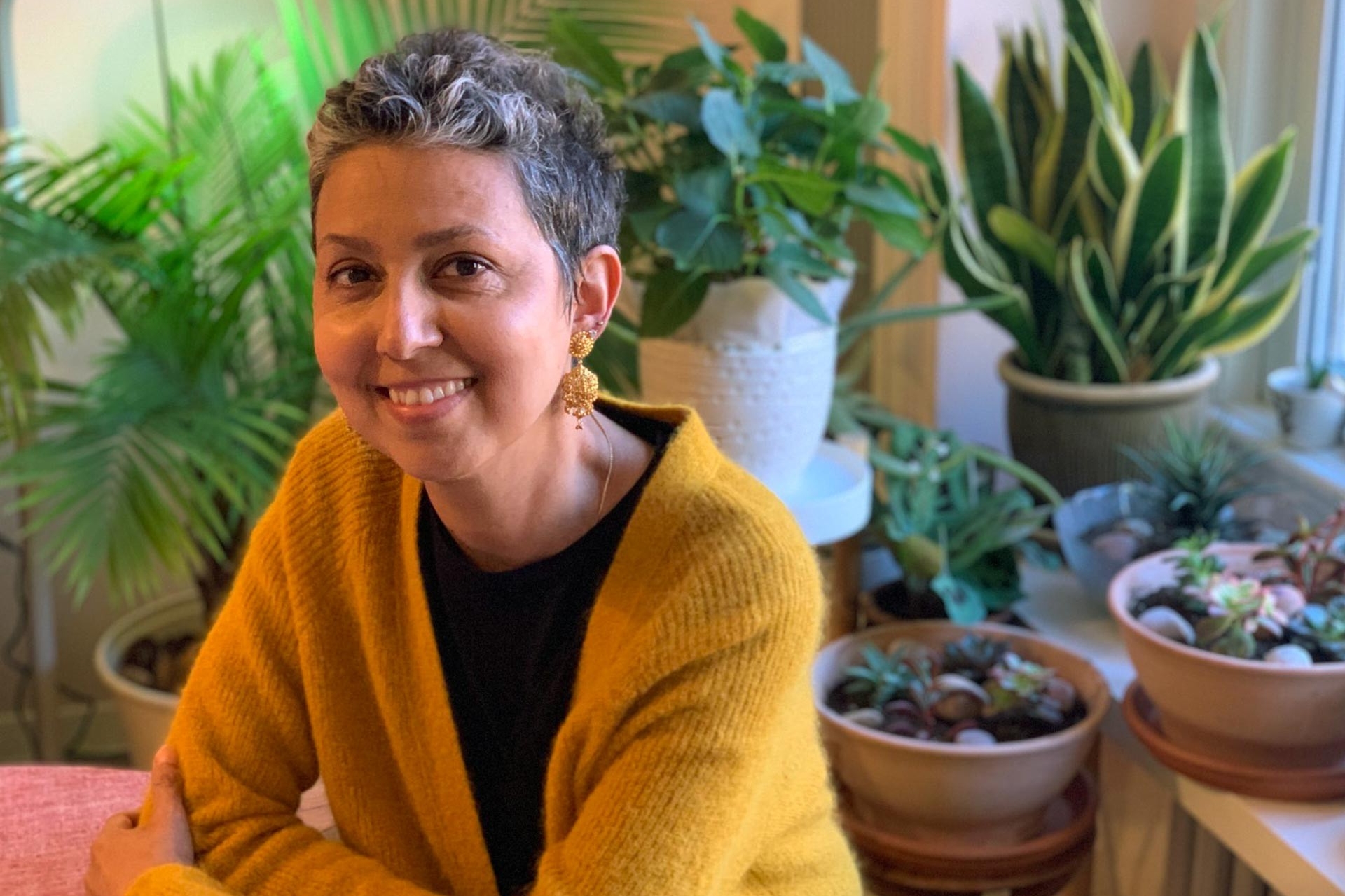Amid her fight against ovarian cancer, the neuroscientist inspired hundreds of thousands on the internet
Dr. Nadia Chaudhri, an award-winning neuroscientist, Concordia professor, and beloved mother and wife, passed away on Oct. 5 due to ovarian cancer. While dealing with a terminal diagnosis during the pandemic, Chaudhri demonstrated nothing but courage and inspiration to an audience of over 150,000 on Twitter.
Born and raised in Karachi, Pakistan, Chaudhri attended Franklin & Marshall College in the U.S. from the age of 17, where she was recognized for outstanding academic and extracurricular achievements. With a PhD in neuroscience at the University of Pittsburgh, Chaudhri has taught at Concordia University since 2010.
The professor had become a role model for the representation of women and minorities in neuroscience research — a cause for which she raised over $630,000 from thousands of donors, setting a record-breaking fundraiser at Concordia. Much of this support had emerged from Chaudhri’s popularity on social media, achieved by inspiring thousands with her personal stories about her fight against cancer, including the highs and lows of her difficult journey.
“Truth time! I can’t get out of bed without help anymore. But I’m gathering my strength for one more Shuffle down the palliative care floor tomorrow. I know I’ve got one more in me,” Chaudhri tweeted on Sept. 11 in an effort to raise funds for the Nadia Chaudhri Wingspan Award.
“I am not afraid,” Chaudhri added two days later, while spending her final weeks of life at the McGill University Health Centre.
For Dr. Alexandra Chisholm, now a postdoctoral fellow at New York’s Icahn School of Medicine at Mount Sinai, Chaudhri played a key motivational role in the early stages of her career.
Chisholm shared with The Concordian that Chaudhri provided exemplary guidance and support when she began teaching the fundamentals of animal learning to undergraduate students in the Department of Psychology at Concordia. The neuroscientist also sent a warm congratulations email to Chisholm for her PhD thesis defense in experimental psychology — which Chaudhri could not attend as cancer complications had already begun.
“She was always the first to volunteer her help and expertise because she genuinely cared about her students’ development, wanted us to feel supported and wanted to push the limits of our critical thinking skills,” said Chisholm. “She helped me to build the confidence I now have today as a course instructor.”
Besides inspiring and funding her students for their success in neuroscience, Chaudhri also raised awareness about ovarian cancer through Twitter. She shared her early symptoms, which were not diagnosed correctly until six months later, in order to help her followers detect any potential complications of their own sooner rather than later. She highlighted how crucial it is to listen to one’s own body, while also stressing the need to fund cancer research as current chemotherapy treatments do not always manage to save lives.
“[Dr. Chaudhri] enriched us. Our entire community grieves her death and offers deeply heartfelt condolences to her son, Reza, and husband, Moni — whom she lovingly called her Sun and Moon — her family, friends, colleagues and the thousands of supporters to the Nadia Chaudhri Wingspan Award who embraced her cause,” said Concordia President and Vice-Chancellor Graham Carr for a Concordia article.
On Oct. 7, the University lowered its flags to half-mast to commemorate Chaudhri. Despite an early end to her inspiring journey, Chaudhri’s contributions to neuroscience and cancer awareness will not be forgotten by the Concordia community and her international supporters.
Photo courtesy of Nadia Chaudhri’s six-year-old son.




